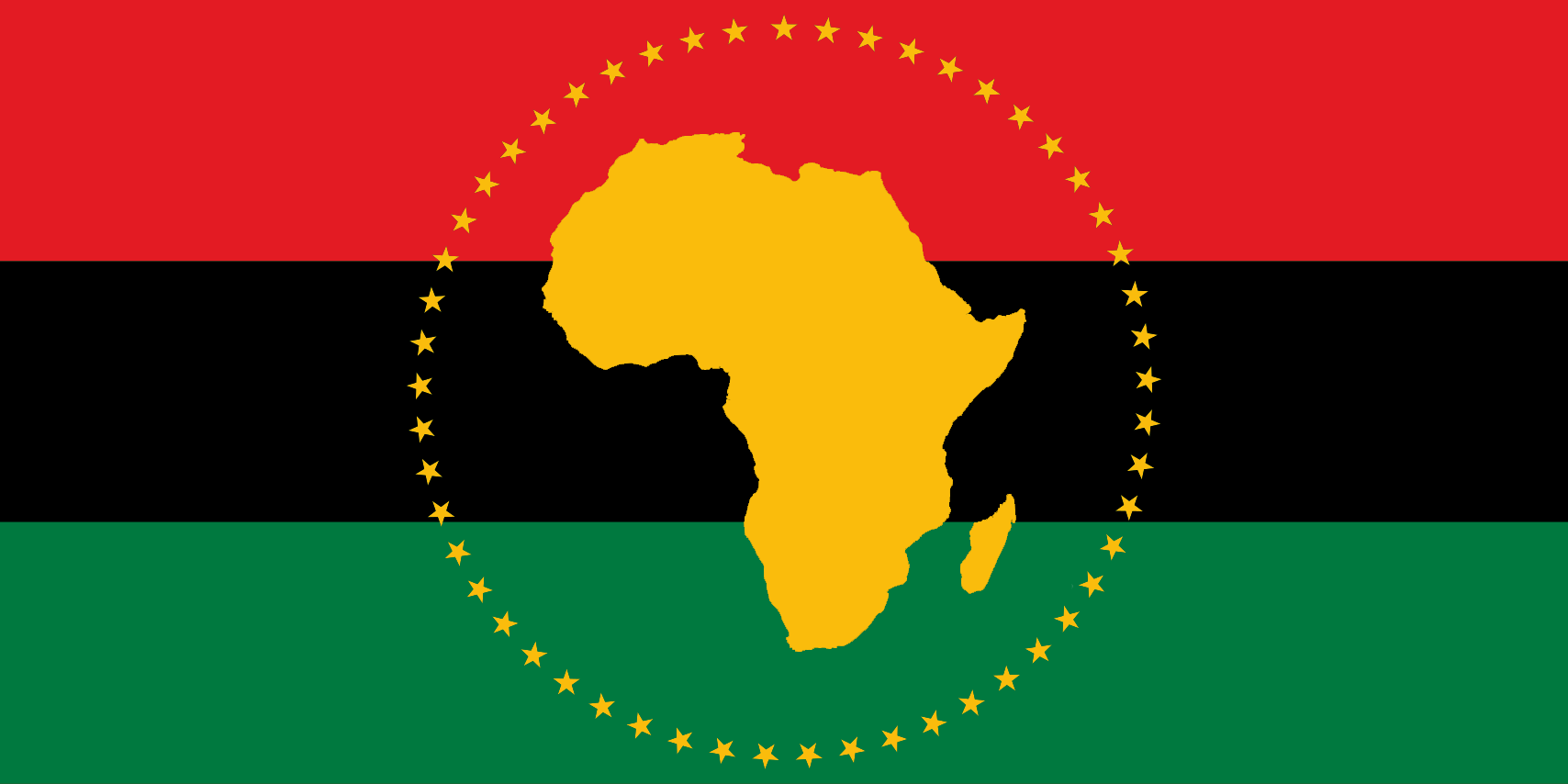Our Goal
To attain the Right of Abode within the East African Community states.
To demonstrate to the African Union and its member states the benefits of granting the Right to Return to Descendants of Enslaved Africans

Why?
Granting the right to return to descendants of trafficked Africans during the transatlantic slave trade can have several benefits for the African Union and it's member states. Below are some potential advantages;
Social justice & reconciliation
Granting the right to return acknowledges historical injustices and helps in addressing the legacy of the transatlantic slave trade. It promotes social justice and reconciliation between the descendants of enslaved Africans and Africans on the continent.
Diaspora engagement and investment:
The descendants of trafficked Africans may feel a stronger connection to their ancestral homeland if granted the right to return. This could lead to increased diaspora engagement, investment, and philanthropy in their new homelands, benefiting their economies and development.
Strengthening cultural ties
This move can foster stronger cultural ties between the descendants and the East African countries, enhancing cultural exchanges, traditions, and shared heritage.
Skilled labor and knowledge transfer
Many have thrived in various fields and sectors in their host countries. Allowing them to settle on the continent could lead to a transfer of skills, knowledge, and expertise, boosting the region’s human capital and overall development.
Economic growth and development
By attracting skilled and entrepreneurial individuals, the AU countries may experience economic growth and development through new business ventures, increased employment opportunities, and innovation.
Tourism and cultural exchange
Will attract many diaspora tourists interested in learning about their historical connections to the region, contributing to cultural exchange and tourism development
Diplomatic and international relations
Demonstrating openness and inclusivity by granting the right of abode to descendants of trafficked Africans can improve the AU countries’ image on the international stage and strengthen diplomatic relations with other nations.
Foster regional integration
Granting the right to return may foster regional integration by bringing in diverse perspectives and encouraging cooperation among member countries.
Show your support by signing and sharing our petition
CRDEA was created because of the experiences of many descendants who are attempting to relocate to the continent. The current processes are challenging, and leaves us open to insincere and unethical operators. We simply want to come home, and we are not coming empty-handed. We are experienced professionals looking to make positive contributions in our new home countries.
